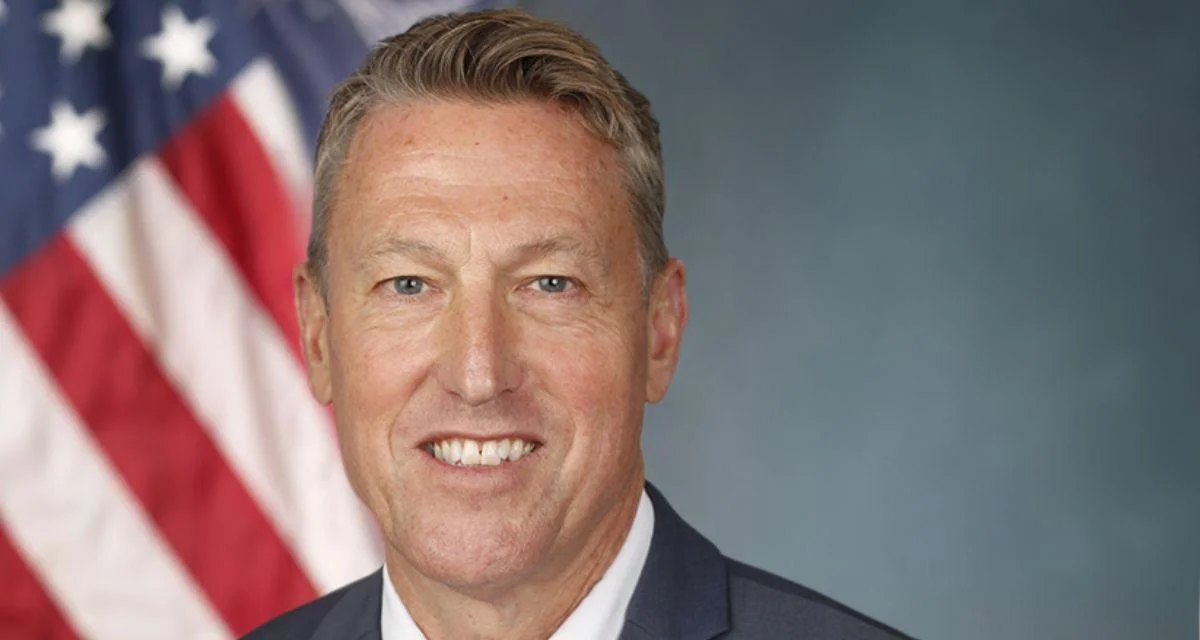U.S. Customs and Border Protection (CBP) officers at Baltimore Washington International Thurgood Marshall Airport recently found a large number of prescription pills in the baggage of two U.S. citizens returning from international trips.
On Saturday, officers inspected the bags of a traveler coming back from Bogota, Colombia, and found 360 Zopiclone 7.5 mg tablets still in blister packs. Earlier, on August 20, another passenger arriving from Panama City, Panama, was found with 279 Zopiclone 7.5 mg tablets and 180 Alprazolam 0.5 mg tablets in blister packs.
Neither individual was arrested following the discoveries.
Both Zopiclone and Alprazolam are classified as schedule IV controlled substances by the Drug Enforcement Administration and require a doctor's prescription for legal possession or importation into the United States. Zopiclone is typically prescribed to treat insomnia for short periods due to its potential for abuse and addiction, according to the National Institutes of Health. Alprazolam—commonly known as Xanax—is used for anxiety and panic disorders but can be dangerous if misused.
The Food and Drug Administration generally does not allow medicines manufactured overseas to be imported unless they have been reviewed and approved by the agency. Medications bought abroad may sometimes be safe but could also pose risks if sourced from black markets or unregulated sellers, as they might contain unsafe ingredients.
“There is a significant concern with the efficacy of any medicines purchased through the global marketplace or smuggled into the United States from overseas,” said Jason Kropiewnicki, CBP’s Acting Area Port Director in Baltimore. “Consumers looking to save a buck and recreational users seeking a cheap high by buying pills online or on the street are betting with their lives that the pills they take are authentic and not lined with dangerous chemicals, such as fentanyl.”
Travelers using prescription medication under medical supervision are encouraged to consult official CBP guidance before traveling internationally with their medicines.
CBP officers and agriculture specialists conduct inspections at ports of entry across the country as part of efforts to protect public safety and economic security by searching for illicit drugs, weapons, prohibited goods, invasive pests, unreported currency, counterfeit products, and other potentially harmful items entering the United States.
More information about CBP’s daily activities is available at www.CBP.gov.
For updates from CBP’s Baltimore Field Office, follow @DFOBaltimore on Twitter or @cbpfieldops on Instagram.
U.S. Customs and Border Protection is recognized as America’s largest law enforcement organization responsible for border management operations across land, air, and sea domains.




